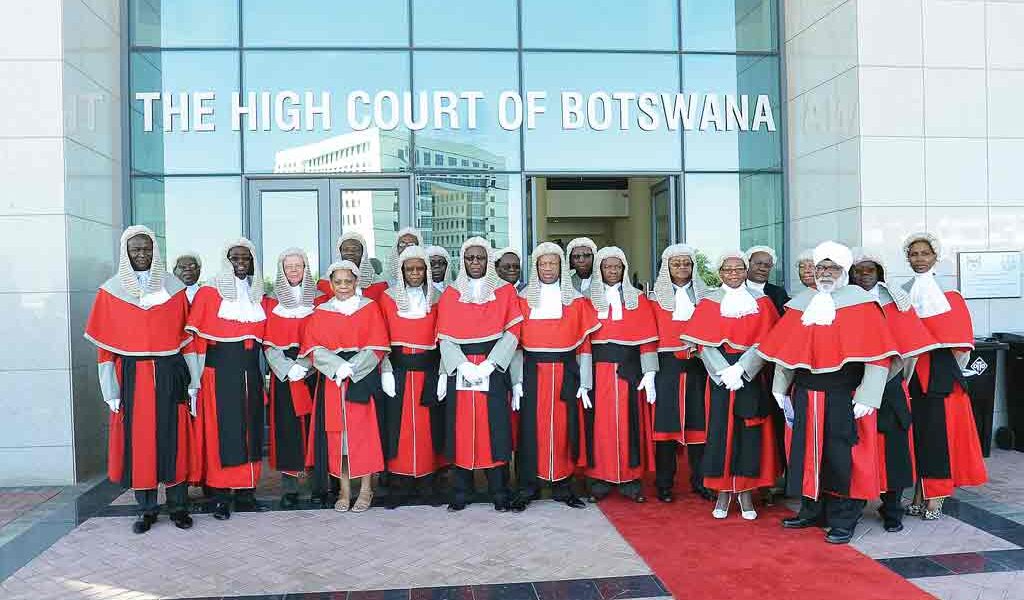- All senior lawyers may be appointed judges on acting basis for a short period
- Ministry, AG, Administration of Justice ponder LSB recommendations
TEFO PHEAGE
The Law Society of Botswana (LSB) is in talks with the Attorney General and the Ministry of Justice, Defence and Security about transforming the judiciary in what observers say may be a saving grace to Botswana’s troubled judiciary.
The development follows a series of complaints about the shortage of judges, workload as well as the much-touted backlog of cases which LSB say often leads to denial of justice. The Executive Secretary of LSB, Tebogo Moipolai, confirmed to this publication that although they are at infancy stages, there are ongoing talks between stakeholders about the need to engage senior lawyers to the bench in an “acting capacity” for some cases but not trial cases.
“At this time, we can only say elders have shown interest in the idea but like I said it is still an infant stage,” he added. The development comes as the LSB and the Administration of Justice have buried the hatched after a protracted war which had crippled the working relations between the two parties. Recently the Chief Justice decried the shortage of judges and made a presentation for four additional judges- an addition that will make judges 27.
The LSB proposal also comes with cost implications which may hamper its success despite being welcomed by many. A senior lawyer at the Attorney General said it would be counterproductive to make budgeting a hurdle against this much-needed adjustment.
“It is promising and can assist with backlog of cases but it also has its politics which all parties will need to debate continuously,” he said. LSB says the said lawyers who will be acting will still be practising privately but will regularly be seconded to the bench to deal with specific cases.
The High Court Master and Registrar, Michael Mothibi could not make an off-the-cuff comment on the issue requesting that we send him a questionnaire which he unfortunately could not respond to before press time.
“Please send me a note to work on but I am still engaged with other matters, just send anyway I will try my level best,” he said.
Sources at the Administration of Justice (AJ) however say that the noble proposal comes at a time when the AJ is still at odds with the executive over funding of the judiciary. They further argue that it will not be easy for the Chief Justice to meet additional demands despite his belief that the status quo is not working for anybody. Dibotelo’s complaints over under-funding the judiciary perennial but not much has been done to address them.
In 2015, at the opening of the legal year Dibotelo remarked that “governments come and go but institutions remain.” On several occasions, he effectively described Botswana’s Judiciary as virtually bedridden and hence failing to efficiently disperse justice.
He said the Judiciary was so financially starved that time and again it had to halt cases because the courts could not even pay witnesses their allowances and other expenses.
“Funding for the Judiciary in Botswana continues to be a challenge. Every year the Judiciary runs out of funding towards the end of the financial year resulting in cases being halted due to courts’ inability to pay witnesses’ allowances, pro deo fees, travelling and subsistence allowances for judicial officers and support staff,” he said.
He pointed out that this in turn impacted and seriously compromised in the adjudication of cases within a reasonable time, resulting in applications for dismissal of cases and delays in prosecution.
He added that it also impacted on the constitutional rights of the accused persons, especially those held in custody as that would mean they would not be heard.
Meanwhile the term of the four judges who are currently working in acting capacity comes to an end this year December.

